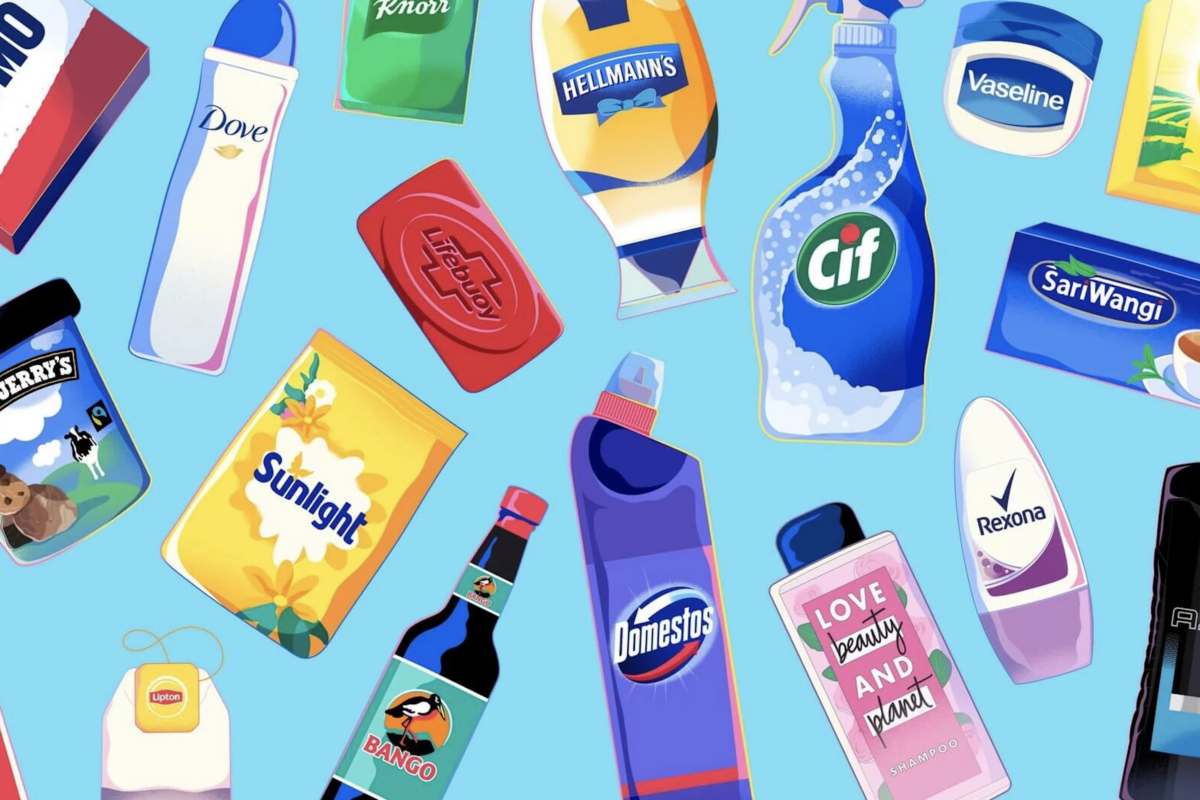A Big Mac and Coke. Two stellar brands of the 80s that seemed locked in each other’s orbit, linked by simple usage occasion, power-brand status and shared origins in US consumer culture. The two brands even supported each other, with McDonald’s selling only Coke drinks brands in its restaurants since 1955.
But being the world’s number-one carbonated beverage isn’t all that it once was as consumers turn to healthier, more natural drinks. Similarly, McDonald’s position as the ultimate fast food is secure, but of questionable long-term value as consumers turn to healthier and greener alternatives.
The fascinating issue now is not whether Coke and McDonald’s need to change, but which company has chosen the best strategic transition, given that the two have opted to take very different paths.Coca-Cola has, internally at least, accepted that the writing is on the wall for carbonated beverages, including its flagship Coke. While the iconic brand will always have a place in the hearts of millions, the company is diversifying its portfolio and growing sales with new and acquired brands. The recent $4.1bn (£2bn) cash deal for vitamin-enhanced water producer Energy Brands, and its star water brand Glaceau, is the latest in a long line of acquisitions and creations that includes Powerade and Nestea iced tea (a joint venture with Nestle)
Coca-Cola’s portfolio strategy makes a lot of sense. Multiple brands allow the company to offset Coke’s gradual decline with newer, more appropriate brands while removing potential future rivals by acquisition. The strategy also allows Coca-Cola to maintain a relatively big share, irrespective of how the market changes. Coca-Cola doesn’t need to predict future trends with this portfolio approach, just develop a core competence to identify and acquire niche brands as they emerge. Acquisition can also prove a lazy way to support the share price, with the financial market placated by an ongoing injection of new products into the portfolio.
McDonald’s is faced with the same crisis of changing tastes and established brand equity. Until recently, most analysts predicted that it, too, would adopt the portfolio approach to compensate for a potential decline in its core brand. The company established a broad portfolio in the 90s that included Chipotle Mexican Grill, Donatos Pizza and Boston Market in the US and Aroma cafes and a stake in Pret A Manger in the UK.
Recently, though, McDonald’s has performed a U-turn. In 2002 it sold off the Aroma chain to Caffe Nero, sold Donatos Pizza back to its founder in 2003, and last year spun off Chipotle. McDonald’s chief executive Jim Skinner was candid in explaining the latter decision: ‘Attracting more customers to McDonald’s remains our greatest opportunity for long-term profitable growth. We believe that now is the time to further sharpen our focus on Brand McDonald’s.’
McDonald’s believes its brand can be revitalized for the 21st century. It is a more ambitious, risky strategy than Coke’s approach, but confers genuine strategic advantages if it can pull it off. A single branded house means greater marketing focus, a stronger employer brand and optimum economies of brand. Rather than blowing profits on acquiring upstart brands, McDonald’s will devote $2bn (£1bn) this year to updating its existing restaurants and opening 800 new ones.
Throughout the last century Coke and McDonald’s exemplified similar approaches to building global brand equity. Now the two will use divergent strategies to avoid becoming retro-cliches. So which has got it right? Rejuvenation or diversification? Branded house or house of brands? Big Mac or Coke?
Courtesy of Marketing Magazine
The Blake Project Can Help: The Brand Architecture Workshop
Branding Strategy Insider is a service of The Blake Project: A strategic brand consultancy specializing in Brand Research, Brand Strategy, Brand Licensing and Brand Education





2 comments
Chris
August 30, 2007 at 7:14 am
With Coca Cola buying up indirect competitors it shows that they are thinking about their long term future and changing trends. Just look at all the different variations of coke, can the brand stretch any further.
With McDonald’s, the brand is making adaptations to the menu and offering healthier options, which will compete with Sub-Way and other fast food brands. The stores dynamics are also changing to suit and benefit the consumer, e.g Mc Cafe and other time saving/versatile brands.
Chris
Susan Gunelius
September 2, 2007 at 10:08 pm
I have to say that I think Coke is oversaturating the market and diluting the strength of their brand. I agree that McDonald’s more focused strategy should ultimately give the brand greater strength in the long term, while Coke’s strategies seem more like short-term fixes to meet profit goals. Only time will tell who’s gotten it right.
Comments are closed.